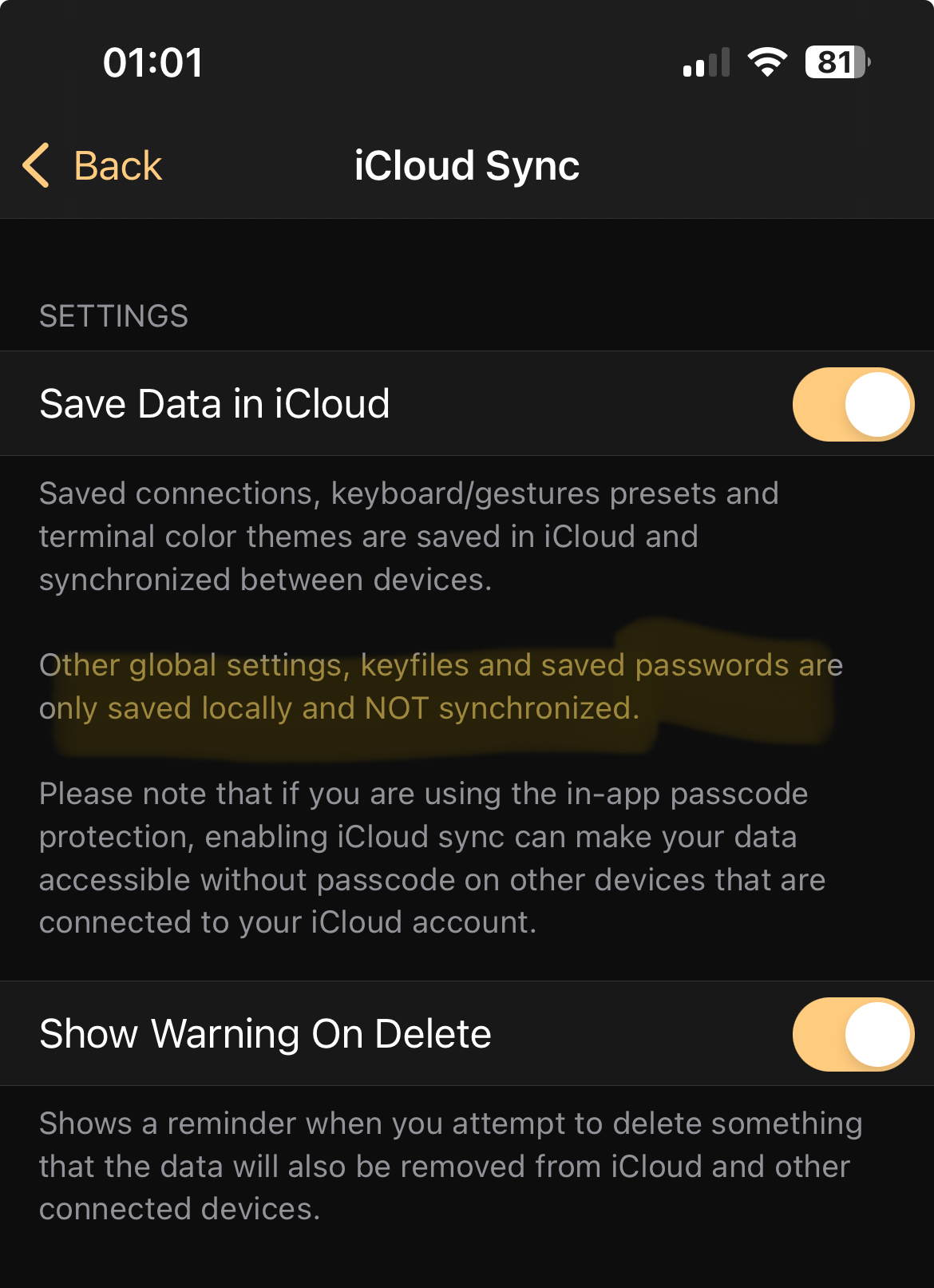The error sounds like your sqlite database file is borked, misplaced or not named correctly. Make sure to shut down Plex on the source Windows machine fully before copying it over. Also make sure the path to the database file is valid - not sure where Plex stores that. Also keep in mind that Linux paths and file names are cAsE SenSiTiVE, so if your db file was named “Plex.db” on Windows, and the Linux version of Plex expects “plex.db” - you will get an error.
Other issues to anticipate related to file/directory naming: library/metadata paths. You may need to redefine/rescan all your media libraries to fix that depending on how Plex handles transitions between platforms that use different path separators (Windows = \ and Linux/macOS = /) and case sensitivity (Windows and macOS = case INsensitive and Linux = case sensitive).
Also consider a DB backup/restore (feature built into Plex) may be a better way to transition vs. just copying the DB file over.
If you’re feeling adventurous, you can download a SQLite browser and take a peek at the Plex DB file. See if there are any red flags like paths to libraries that include Windows specific stuff like drive letters. That will probably break in Linux if just copied over. The backup/restore feature may account for that and actually try to take care of the differences… but that’s just a guess; I never tried this and have no experience with it.
Note: I never bothered to run Plex on anything other than Linux.
P.S. some here suggested using Docker (or Podman - probably better in the long run) to deploy Plex. I strongly recommend that option as well, since it abstracts a lot of the nuts and bolts that you no longer need to care about.















Thanks for the insight! I work for a publicly-funded educational institution (a non-profit as well), and can attest to having to adhere to similar restrictions that you mentioned, albeit not 100% the same.
What you describe here sounds like technical debt that was assumed by the organization due to an initial lack of knowledge/experience in an environment where sufficient restrictions exist that effectively stifle organizational agility. This lack of agility in turn results in higher operational costs.
I think that’s ironic, because at the end if the day, the root cause of inflated operational costs happen to be the regulations/restrictions put in place to avoid frivolous spending in the first place.